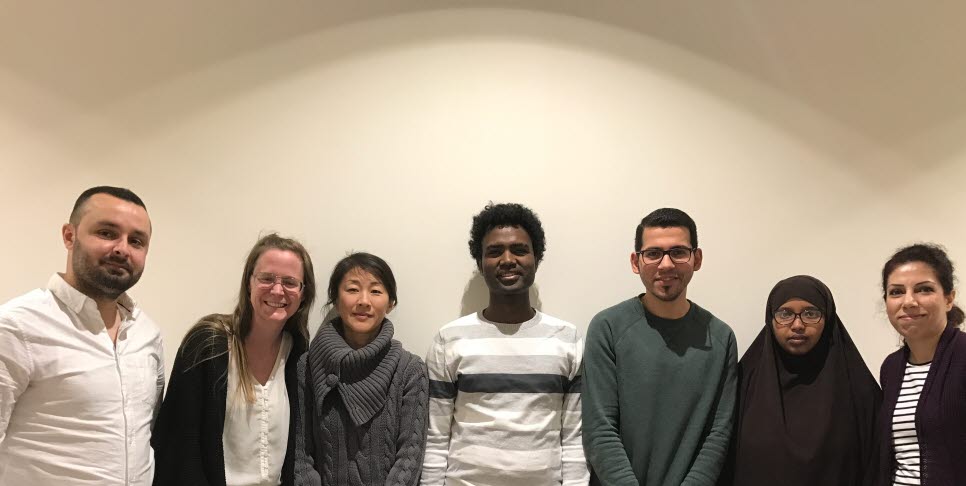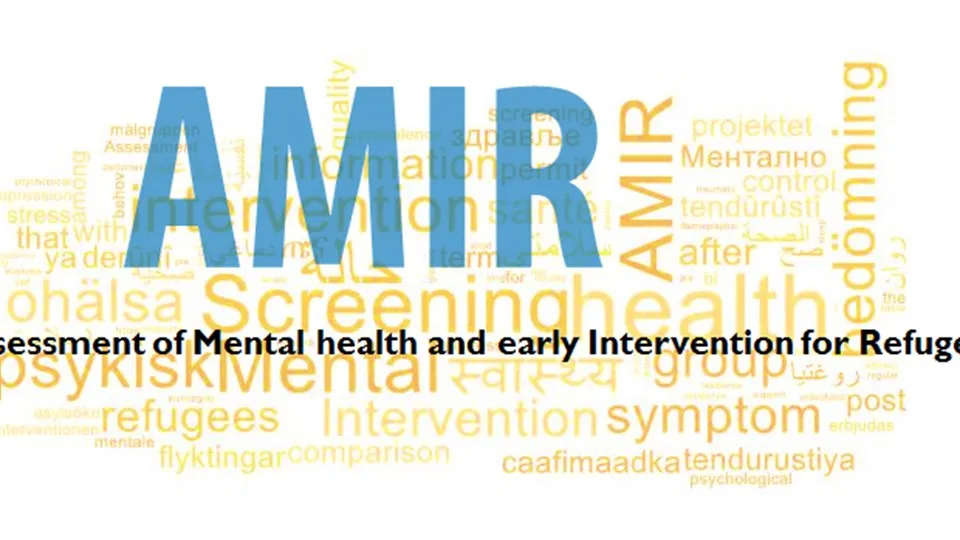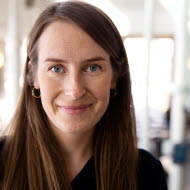AMIR ‑ research project
The research project AMIR (assessment of mental health and early intervention for refugees) aims to develop and evaluate methods for assessment and intervention of mental illness among refugees.
About AMIR
The project is run at the Department of Psychology and Social Work in collaboration with Region Jämtland Härjedalen. Within the AMIR project, we have worked with mapping of mental illness symptoms among refugees who lived in asylum accommodations in the county from the end of 2016 to the beginning of 2017.
We have developed and evaluated screening instruments to effectively identify psychological symptoms, in-depth assessment of psychiatric symptoms, and a preventive group intervention where participants learn about symptoms that can occur after difficult events, as well as how to manage them.
Project results
The mapping of symptoms shows a very high prevalence of mental illness symptoms (depression, anxiety, post-traumatic stress) and low quality of life (Leiler, Bjärtå, Ekdahl, & Wasteson, 2018, Bjärtå, Leiler, Wasteson, Meurling, & Ekdahl, 2019).
We have been working on translating and evaluating a screening instrument, The Refugee Health Screener (RHS; Hollifield et al., 2013, 2016) who ask about mental health problems in the native language. The instrument is found to correspond well to symptoms of depression, anxiety, and PTSD (Bjärtå, Leiler, Ekdahl, & Wasteson, 2018), and it is also useful among younger refugees (Sarkadi, Bjärtå, Leiler, & Salari, 2019).
In collaboration with the developer of the scale (RHS), we have also investigated how suicidal thoughts are related to general symptoms (Leiler, Hollifield, Wasteson, & Bjärtå. 2019), and are now investigating the prevalence of, and factors that can predict suicidal thoughts (Leiler, Wasteson, Zakrisson, & Bjärtå, manuscript).
The project has been co-financed by the Asylum, Migration and Integration Fund, 2016-2018.
Collaborator

The screening part has been carried out together with our fantastic bicultural and multilingual staff (from left to right: Ziad Kurum, Anna, Anna, Henok Ghide, Amjad Abuleil, Ladan Abdulkadir and Anahita Amin). Together with students Jennifer Meurling and Sabina Landehag, we have collected mental health variables among over 600 people living at asylum accommodations in the region.
Facts
Project period
160901-241231
Partners
Departments
Subjects
Research groups
Read more






